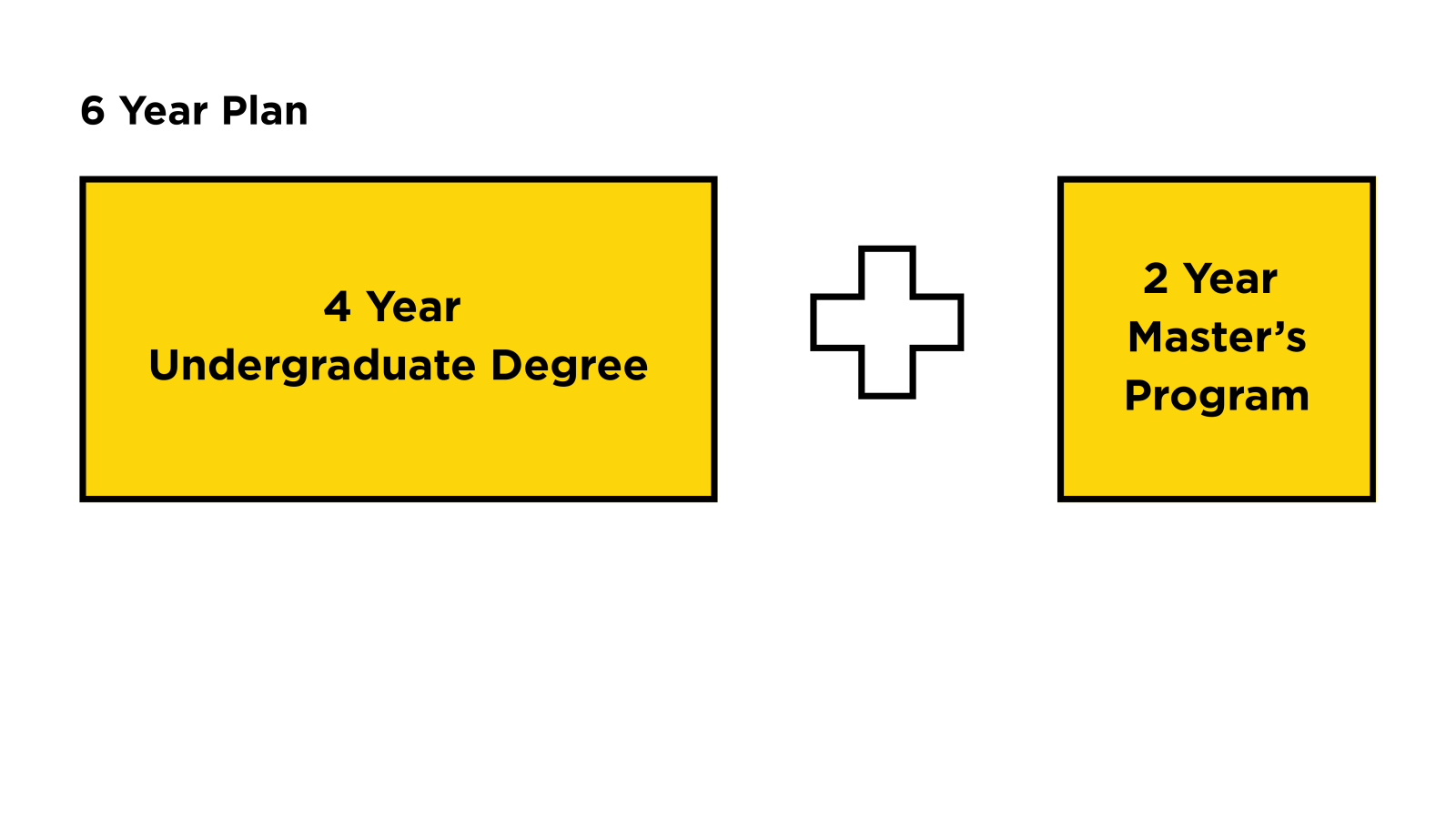
Pre-Mental Health Counseling
- Clinical Mental Health Counseling
- Undergraduate (BS) + Masters (MS)
- 6 Years

Begin a Journey that Transforms Lives
Help others find balance, healing, and hope. The Clinical Mental Health Counseling program at D’Youville University prepares compassionate, skilled professionals to support individuals, families, and communities through life’s challenges. Rooted in evidence-based practice and a commitment to social responsibility, the program combines classroom learning, supervised clinical experience, and interprofessional collaboration to equip students with the knowledge and skills needed for licensure as a Licensed Mental Health Counselor (LMHC).
Graduates are prepared to work in diverse settings—ranging from hospitals and schools to community agencies and private practice—empowering others to improve their mental health and overall quality of life.
Job Titles to Explore
| Employment Settings to Explore
|
Why D'Youville
- Pathway to Licensure: Gain the knowledge, skills, and supervised experience required to become a Licensed Mental Health Counselor (LMHC) in New York State.
- Hands-On Clinical Training: Develop practical counseling skills through supervised fieldwork and internships in real-world community settings.
- Interprofessional Collaboration: Work alongside students in nursing, psychology, public health, and social work—mirroring integrated behavioral healthcare teams.
- Dedicated Faculty Mentorship: Learn from experienced clinicians and educators who provide individualized support and guidance throughout your training.
- Mission-Driven Learning: Join a university committed to social responsibility, service, and improving access to quality mental healthcare.
- Flexible and Supportive Environment: Benefit from small class sizes, personalized advising, and a community that values balance, empathy, and lifelong learning.
- $59,190Median Annual Wage Nationally in 2024
- 17%National Job Growth Projected by 2034 (Much Faster Than Average)
- OnlineSynchronous & Asynchronous Courses
- HybridOnline & Weekend Class Format
Pathway Options
You can choose to apply to enter the Masters of Mental Health Counseling (MS) degree from any program, but we recommend enrolling into one of the following as the Pre-Mental Health Counseling Pathway degrees to best align yourself to the curricular requirements and ensure prerequisite courses are completed:
- Psychology (BA)
- Communication Science & Disorders (BS)
There are two tracks recommended to set yourself up for applying to the Mental Health Counseling (MS) program. These options allow completion of the undergraduate and doctoral program in 6 years.
Pre-Mental Health Counseling Advisory Track:
There is currently no early assurance pathway available for direct entry into the Mental Health Counseling (MS) program. We encourage students that are interested in pursuing Mental Health Counseling to enrolled in the Psychology (BA) or Communication Science & Disorders (BS) program.

Learn About Pre-Mental Health Counseling Pathway Degrees
Careers
The Pre-Mental Health Counseling Pathway provides the foundational psychology, human development, and behavioral science coursework needed to pursue a master’s degree in mental health counseling and build a rewarding career helping individuals improve emotional well-being, strengthen relationships, and lead more balanced, fulfilling lives.
A Mental Health Counselor’s Role
Mental Health Counselors are compassionate professionals who help people navigate life’s challenges, improve relationships, and achieve greater psychological health. They assess, diagnose, and treat emotional, behavioral, and mental disorders using evidence-based counseling techniques tailored to each client’s needs.
Grounded in psychology, neuroscience, and human behavior, the field of mental health counseling emphasizes empathy, communication, and resilience. Counselors help clients develop coping strategies, strengthen self-awareness, and manage stress, anxiety, trauma, and other life transitions.
Counselors play a critical role in today’s healthcare system, collaborating with physicians, psychologists, social workers, and educators to provide comprehensive, person-centered care.
Industries & Settings
Mental Health Counselors work in a wide variety of settings that support emotional and behavioral health across populations, including:
Community Mental Health Centers – Providing counseling and crisis intervention services to individuals and families.
Hospitals & Integrated Healthcare Systems – Working as part of multidisciplinary teams to support patients managing chronic illness, trauma, or co-occurring conditions.
Private Practice – Offering one-on-one, couples, or family counseling to address personal and relational challenges.
Schools & Colleges – Assisting students with emotional regulation, academic stress, and social development.
Substance Use & Rehabilitation Programs – Supporting individuals in recovery through therapy and relapse-prevention strategies.
Employee Assistance Programs & Nonprofits – Promoting mental health in workplace or community settings through education and counseling services.
Research & Academia – Advancing the profession through teaching, program design, and studies on mental health trends and treatment outcomes.
Job Outlook
The need for qualified Mental Health Counselors continues to grow as awareness of emotional well-being becomes central to healthcare and community life. According to the U.S. Bureau of Labor Statistics, the median annual wage for Mental Health Counselors was $53,710 in May 2023, with employment projected to grow much faster than average through 2033.
This expanding demand reflects a nationwide focus on accessible mental health services and integrated care—creating meaningful opportunities to make a lasting impact in people’s lives.
For more information about the job outlook for Mental Health Counselors, visit the U.S. Bureau of Labor Statistics website.
Contact Admissions
